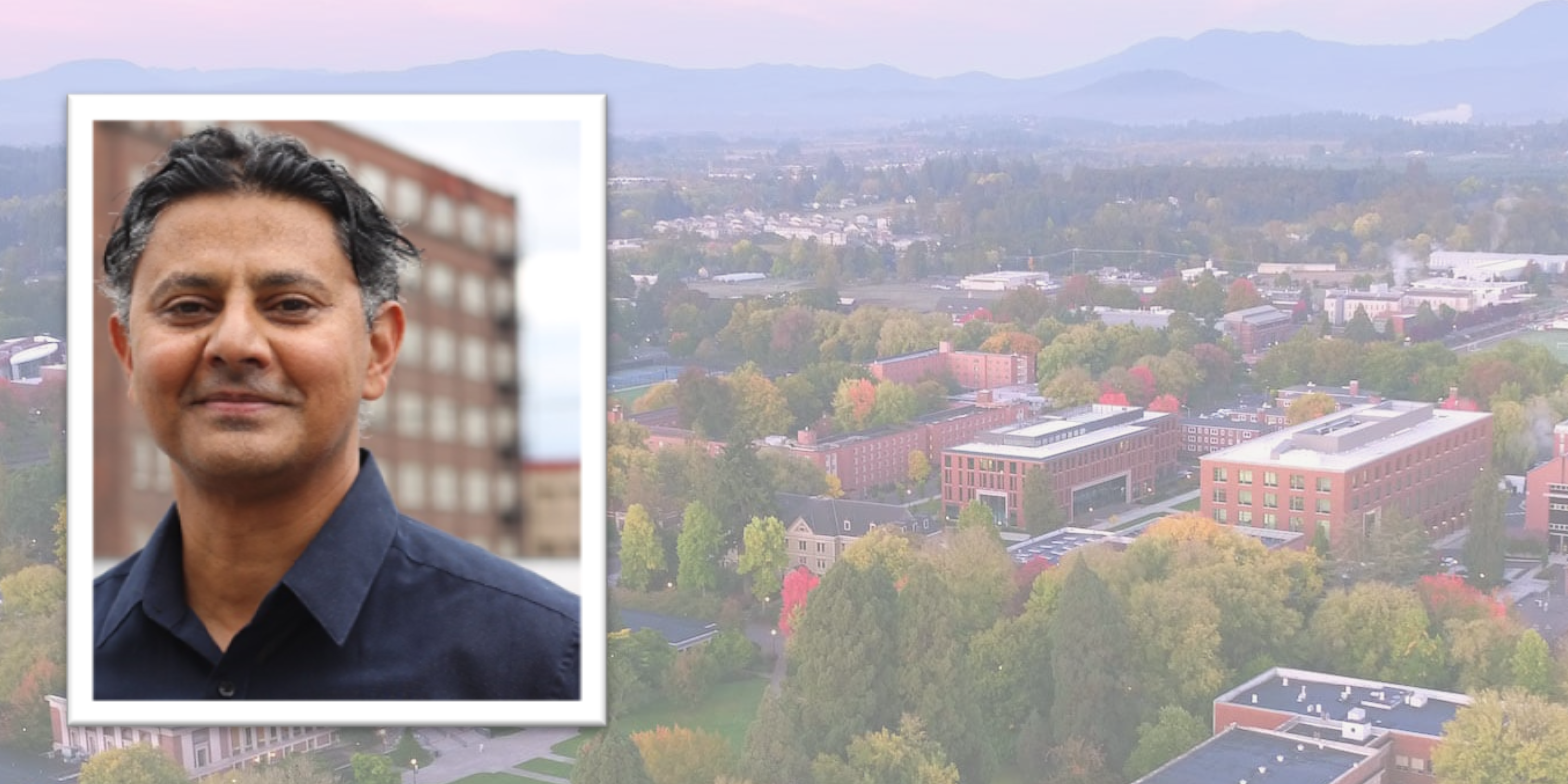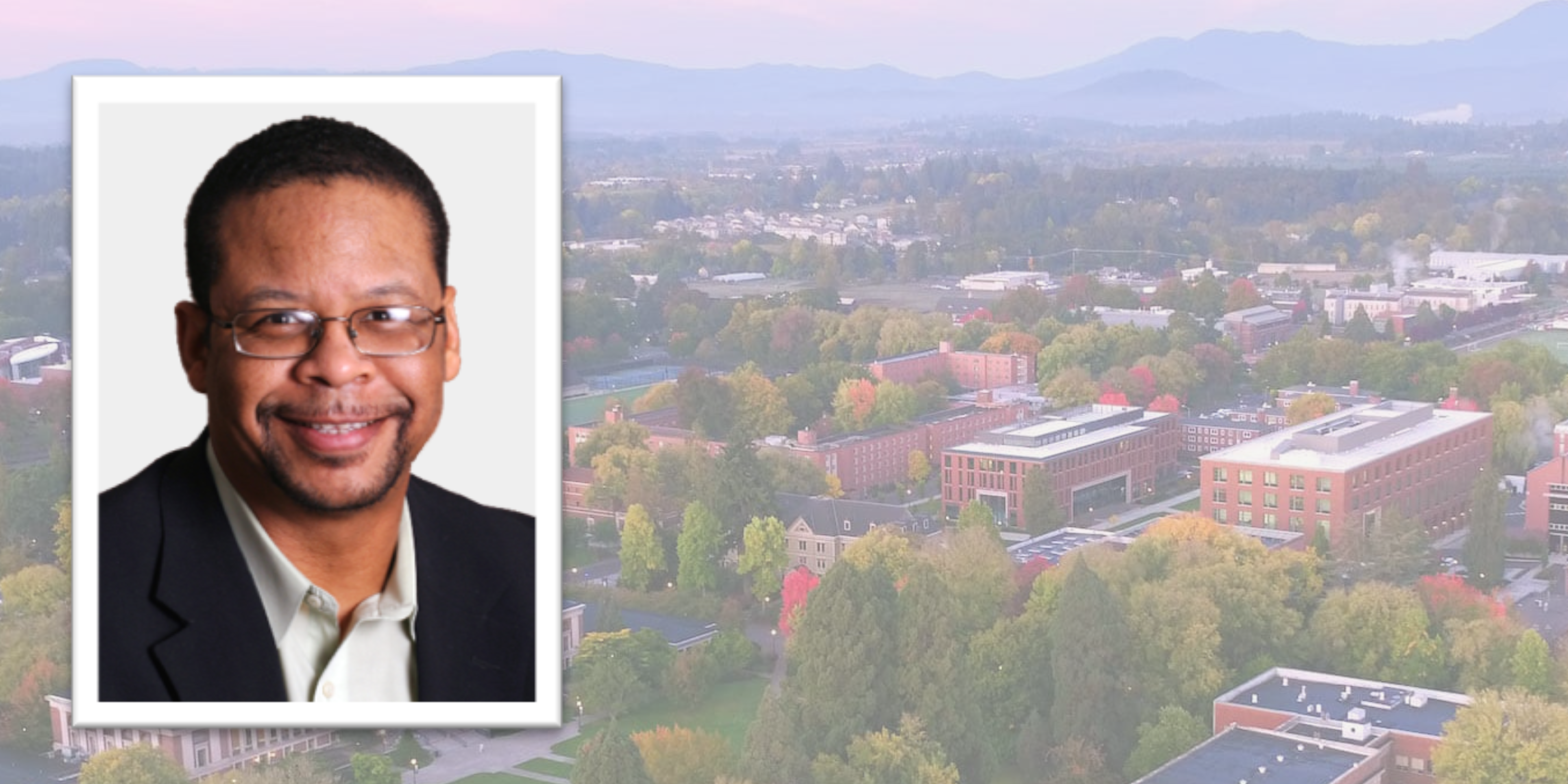Keynote Presentations

Vivek Shandas, PhD - Monday, October 7, 9-10 am
Heat, Health, and Housing: Opportunities for advancing equitable outcomes on a rapidly warming planet
The vast majority of public health impacts from climate change are preventable. Yet, despite decades of ongoing efforts to reduce harms from extreme events, we are still early in our understanding about the pathways through which a changing climate drives excess mortality and morbidity. This presentation will offer a framework and a series of case examples that highlight opportunities to 'multi-solve' the pressing challenges facing public health agencies. By examining the role of the built environment, past planning policies, and current efforts to safeguard communities, the presentation will draw on empirical evidence from several recent community-based participatory research projects to underscore the dynamics of people, place, and practice.
Dr. Shandas is Professor of Geography at Portland State University, and provides guidance to federal, state, and local public agencies for managing the built environment for public health and social justice. He examines the assumptions that guide decisions about managing cities and engages in community-based participatory research as a means for identifying socially equitable solutions in the era of climate destabilization. Professor Shandas has over 100 publications, five books, and served as co-author of the National Climate Assessment, and a recent National Academies publication on the role of federal policies in creating inequitable health outcomes. During his spare time, he revels in the mountains and waters of the Pacific Northwest, and pines for wood-fired pizza and picnic tables.

Mike Green - Monday, October 7, 1:15 - 2:15 pm
From Trauma to Transformation: How we can disrupt an inherited cycle of community trauma and transform our nation in one generation
First, do no harm. This statement is widely understood through conventional wisdom to be the guiding force in the industry of medicine and public healthcare. But it stands in stark contradiction to the factual timeline of the historical record. Contrary to popular belief, the industry has also been a force for harm in targeted communities. We all inherited a society that none of us created. No blame. No shame. But we also inherited a responsibility for the society that we pass to future generations. If the conditions of our future society are to be better than the conditions we inherited from a 20th century of racialized segregation and systemic racism in laws, systems, public policies and private sector practices, then we must be knowledgeable about the conditions we inherited and the path that led to present-day trauma across our communities and within the healthcare industry itself. Public health community, first heal thyself. Then we can be better equipped to heal the larger community around us. This presentation will address the racial dynamics in our healthcare system and society today through an informed lens of historical context and expand the aperture of understanding on how we can heal traumatized communities today and tomorrow.
Mike Green is a visionary mission-driven Cultural Economist and innovation strategist with more than a dozen years developing culturally adept inclusive economic ecosystem strategies and educational programming for institutional and organizational leaders, policymakers and economic stakeholders across the United States. As co-founder of Common Ground Conversations on Race (CGC), Mike developed a trademarked Conversations Journey® process that introduces paradigm-shifting new knowledge and understanding of racialized power dynamics in society today through an informed and empathetic lens of historical context. Mike’s experience includes two decades in media as a communications specialist, multi-award-winning editor, journalist, columnist, and digital media Innovation Expert trainer for the Dow Jones Local Media Group. Mike is a New York Times Leadership Academy Fellow and member of the 2008 Class at the Neiman Foundation for Journalism at Harvard University.

Taj Brown - Tuesday, October 8, 8:30 - 9:30 am
Moving from Charity to a Public Health Approach to End Homelessness
Homelessness is solvable. Leaders across the Built for Zero network of more than 140 cities and counties across 38 states are taking a public health approach to reducing and ending homelessness - with credible results to show for it. Given the increased calls nationally to enact penalties for being homeless, now is the time to understand and invest in the same approaches that have been responsible for many of the world’s greatest public health victories like taming tuberculosis and eradicating smallpox. Using real time data paired with effective outreach and a shared commitment to population level reductions in homelessness, 15 communities have ended homelessness for one or more populations, 46 have seen measurable reductions, and 77 have real time data on who is experiencing homelessness across their community. With leaders from across the country, Community Solutions is learning how cross-sector partnerships, a focus on strategies to address root causes, meaningful engagement of people with lived experience of homelessness, and the tried-and-true tools of public health give city and state leaders a proven framework to make homelessness a rare and brief occurrence.
Taj Brown is the Director for Upstream Strategies in the Built for Zero movement at Community Solutions. A lifelong anti-poverty activist, Taj has over 25 years’ experience in nonprofit management, policy development, community organizing, and direct action. He has an extensive record of building organizational capacity and delivering programs and services. Taj served on the NAACP’s National Board of Directors, has been a board member or advisor for organizations including the Belafonte TACOLCY Center, the Northeast Area Development Corporation, One Common Unity, and ReGender, and is a member of the NAACP’s National LGBTQIA Task Force. He is a recipient of the Carter G. Woodson Award, the Pennsylvania State Education Association’s Human and Civil Service Award, the Iowa Commission on the Status of African Americans’ Community Appreciation Award, and the NAACP’s Roy Wilkins Leadership Award. He holds a BA from Lock Haven University and certificates from the Harvard Business School’s Executive Education Social Enterprise and Nonprofits Program, the International Program of Spanish Culture and Studies at the University of Malaga, and the Practical Project Management Program at the University of Massachusetts.
|